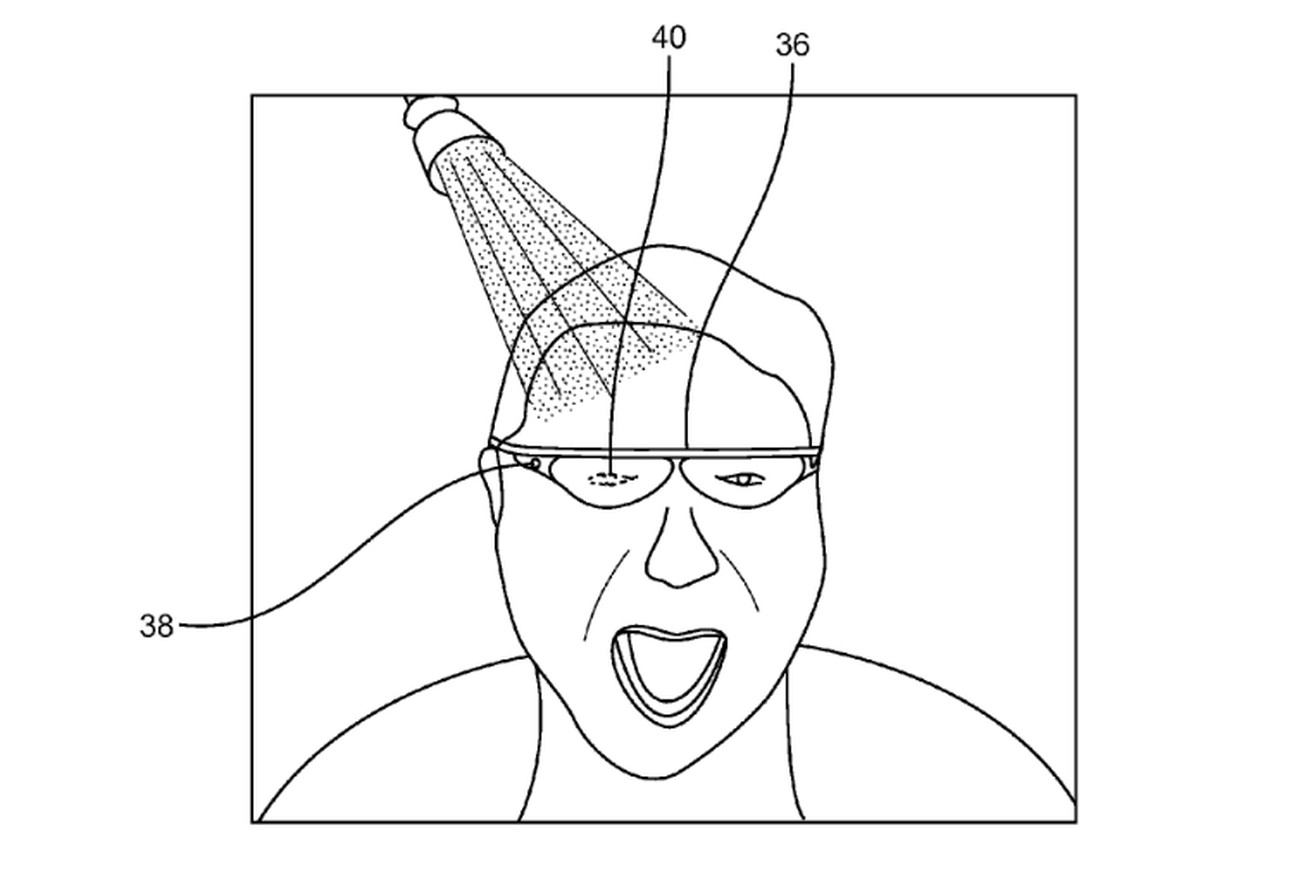Brad Smith, Microsoft’s president and chief legal officer:
We believe that with rare exceptions consumers and businesses have
a right to know when the government accesses their emails or
records. Yet it’s becoming routine for the U.S. government to
issue orders that require email providers to keep these types of
legal demands secret. We believe that this goes too far and we are
asking the courts to address the situation.
To be clear, we appreciate that there are times when secrecy
around a government warrant is needed. This is the case, for
example, when disclosure of the government’s warrant would create
a real risk of harm to another individual or when disclosure would
allow people to destroy evidence and thwart an investigation. But
based on the many secrecy orders we have received, we question
whether these orders are grounded in specific facts that truly
demand secrecy. To the contrary, it appears that the issuance of
secrecy orders has become too routine.
The urgency for action is clear and growing. Over the past 18
months, the U.S. government has required that we maintain secrecy
regarding 2,576 legal demands, effectively silencing Microsoft
from speaking to customers about warrants or other legal process
seeking their data. Notably and even surprisingly, 1,752 of these
secrecy orders, or 68 percent of the total, contained no fixed
end date at all. This means that we effectively are prohibited
forever from telling our customers that the government has
obtained their data.
Kudos to Microsoft to taking a strong stance on this.
From the NYT story on the lawsuit:
In its suit, filed Thursday morning in Federal District Court in
Seattle, Microsoft’s home turf, the company asserts that the gag
order statute in the Electronic Communications Privacy Act of 1986
— as employed today by federal prosecutors and the courts — is
unconstitutional.
The statute, according to Microsoft, violates the Fourth Amendment
right of its customers to know if the government searches or
seizes their property, and it breaches the company’s First
Amendment right to speak to its customers.
Microsoft’s suit, unlike Apple’s fight with the Federal Bureau of
Investigation over access to a locked iPhone, is not attached to a
single case. Instead, it is intended to challenge the legal
process regarding secrecy orders.




